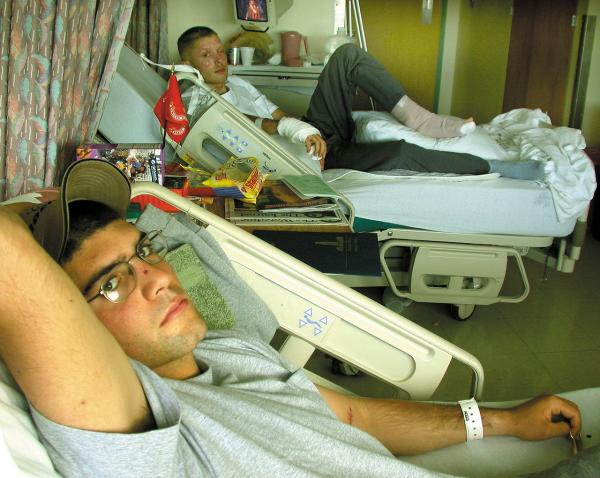On the verge of a “national emergency,” regulatory experts from the National Health Service (NHS) Improvement body just released their latest review which reveals a crisis in workforce shortages. One in eleven jobs is vacant with nursing staff vacancies up 17% in only the last three months.
As BBC Health reports, this reality comes after “sustained efforts by ministers and NHS bosses to tackle the shortages, including a new pay deal and recruitment and retention campaigns.” Leadership referenced the situation as painting a “bleak picture” to acknowledging the burdens of increased demand, employee shortages and financial pressures was making it “extremely hard to cope” for staff.
This disheartening trend echoes consistently published failures in the health system and its rapidly eroding quality of care that culminated in NHS England’s chief hospital inspector declaring last October that it was “not fit for the 21st century” (see here).
A walk down memory lane on the state of the NHS
Last Fall, the same chief hospital inspector Professor Ted Baker warned of the “normalization”of “wholly unsatisfactory” treatment that endangers patients and the inability to guard against unacceptable and unsafe practices of “piling patients into corridors” that lack staffing for sufficient oversight (as well as undermine patient privacy and dignity). He further referenced a lack of proper monitoring and basic oxygen or requisite supplies. Baker described NHS as a relic in urgent need of transformation that was overwhelmed and only going to worsen. To learn more, read here.
In August 2017, NHS England proclaimed the number of people waiting for routine surgery exceeded 4 million which was the highest in a decade. The BBC went on to report “Other targets missed include the four-hour target in A&E and urgent referrals for cancer care.” Sky News wrote “Dr Mark Holland, president of the Society for Acute Medicine, said the latest figures were "shocking" and represent "another damning indictment of the crisis we are experiencing in the NHS.” The sentiment was further echoed by “Danny Mortimer, deputy chief executive of the NHS Confederation, which represents health organizations in England, Wales and Northern Ireland, and chief executive of NHS Employers, called the system “unsustainable.””
That July, a report generated out of London by the National Health Service (NHS) described the grim systemic failings in health care of the sickest patients, those requiring acute oxygen and breathing assistance (or non-invasive ventilation (NIV)). Also known as basic or fundamental life support. The National Confidential Enquiry into Patient Outcome and Death cited high mortality rates —more than one in three died— were due to substandard practices. This is a result of care quality reduction when resources limit appropriate staffing and equipment supply for ever increasing patient volumes. The care was rated as less than good for every four out of five cases. (See here for a more thorough understanding of the vast deficiencies found).
In March, 2017, NHS England head Simon Stevens told BBC News people with certain types of pain would need to wait for surgery in a “trade off” for improved care in other areas. This is called rationing of care. It is antithetical to the oath a physician takes to do the absolute best for his patient. The response at the time by Clare Marx, president of the Royal College of Surgeons in England, was "Our concern is not only for hip and knee patients but those patients who perhaps are waiting for heart surgery. They may have a heart attack whilst they are waiting.” (See here).
Delays lead to a negative chain reaction that can yield greater suffering and costs - financial, physical, emotional and psychological ones.
Even childbirth had catastrophic ramifications prompting a reversal of the “normal” or “natural birth” campaign in the United Kingdom (UK) by the Royal College of Midwives. When training is disparate and physician involvement or obstetric care is withheld, there is a negative impact on infant and maternal morbidity and mortality. See here to read about the investigations into unnecessary deaths and perpetuation of dangerous deliveries.
To sum up
The latest data reveal staff shortages are going in the wrong direction (as demonstrated, the reasons for which are plenty). Unless the highest quality of care becomes as important to the discussion as access, dedicated and overworked staff will undoubtedly continue to diminish in number.
We know that casting wide nets with national health policies routinely fails to impact disease burden (see here), so the strategy of throwing limited resources into centralized so-called solutions to a multi-faceted, nuanced problem is not the best path to outmaneuver the present quicksand. Doing the same thing over and over while expecting a different result is an untenable plan.



